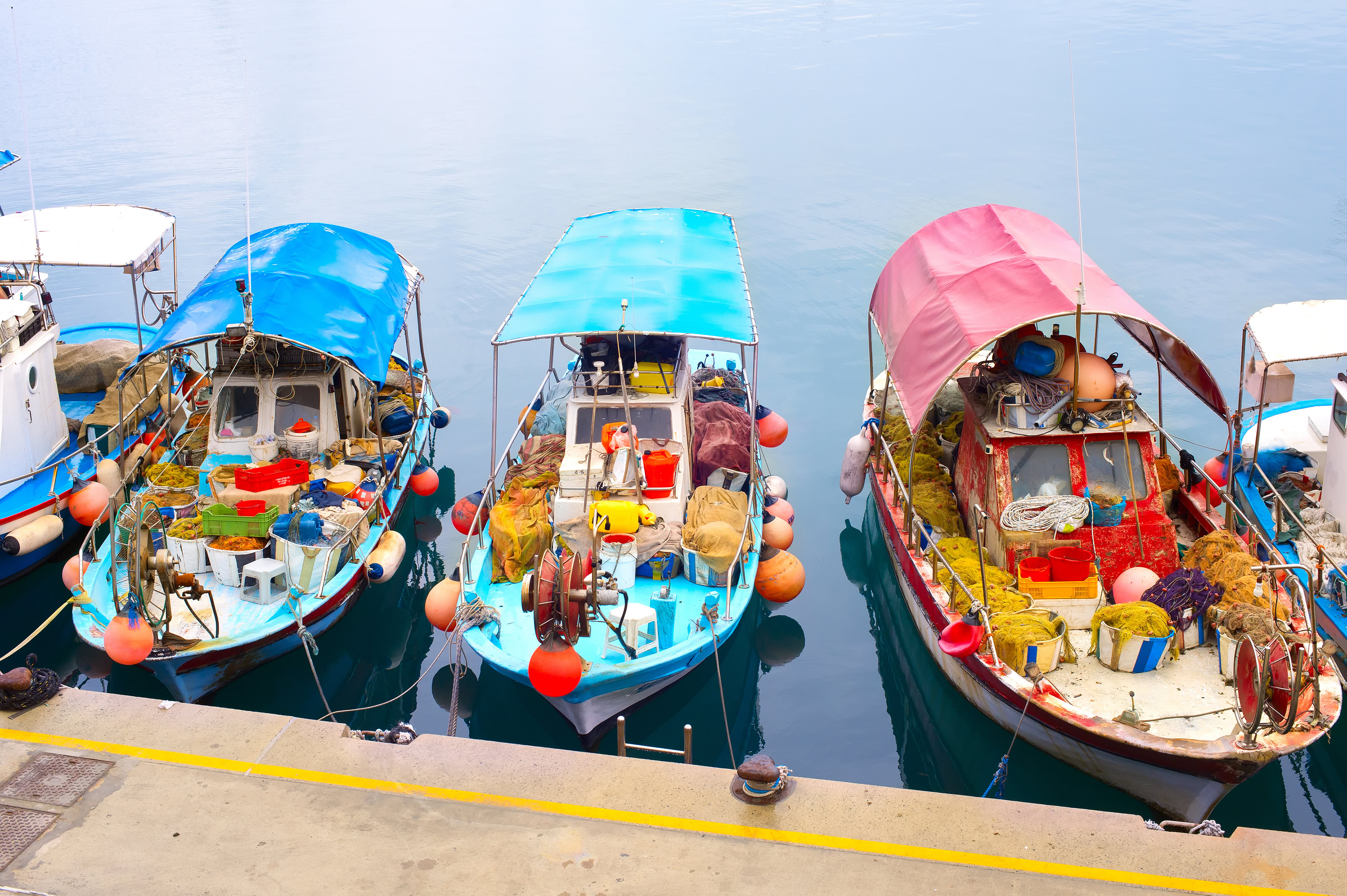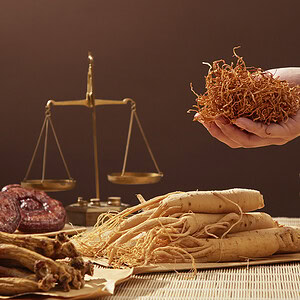Pam and Rob Marsden, authors of The OliveOlive Mediterranean Cookbook, talk to us about the food of Cyprus and what makes a great halloumi.
Pam and Rob Marsden started Cambridge-based OliveOlive in 2014, when Rob decided to quit the rat race.
After starting off by selling Pam’s family’s olive oil, they also began importing handmade halloumi, made by friends in Cyprus.
Since then, their 100% goats milk ‘Cyprus Village’ halloumi, handmade by the Stefani family in Limassol, Cyprus, has won two gold stars in the Great Taste Awards.
What ingredients do you always have at home?
“Halloumi and olive oil — of course! — but also oregano, bay leaves, cinnamon, cumin and other herbs and spices — they really make the meal.”

How has Cyprus’s history influenced its cuisine?
“Cyprus is in the middle of everywhere so we have been influenced by all our neighbours over the years, particularly Greece, Turkey and the Middle East.
“Mostly people lived off their own land, and many kept goats so they made their own halloumi cheese.
“Some of my best memories of staying at my grandparents’ every summer was the freshly-made halloumi (sometimes still warm) with watermelon and homemade bread for breakfast.
What should people look for in a good halloumi?
“Most halloumi in the UK supermarkets is squeaky, rubbery and quite flavourless…This is because they’re made with mostly cow’s milk, which is cheap and plentiful.
“But in Cyprus, where halloumi originated, they never had cows, traditionally, so halloumi was always made with goat or sheep milk.”
the Mediterranean diet is known to be one of the healthiest diets you can follow, and the main staple of it is extra virgin olive oil
Growing up, what was your favourite traditional food and why?
“Souvlaki (meat grilled on a skewer, often served with pitta bread) because it meant we were meeting family and friends.
“All the adults would pack up a portable barbecue with bags of charcoal in the boot – and of course lots of food – and we would drive to the beach in convoy and cook souvlaki on the barbecue.
“We always had music as well, usually played from someone’s car!”
If you were cooking traditional Cypriot food for someone who had never eaten it before, what would you choose to serve and why?
“A truly Cypriot answer would be to do a meze so they can try lots of different foods!
“I would start off with some pitta bread and dips, like hummus and melitzanosalata (aubergine dip), then introduce some potato salad, halloumi cheese, loukanika (Cypriot sausages) keftedes (Cypriot meatballs).
“Then I would serve maybe macaronia dou fournou (pasta bake with pork), some BBQ chicken, souvlaki (Greek kebab) and…well, a meze can comprise up to 30 dishes, so we better stop there as it’s making us hungry!”

How important is nutrition in Cypriot food?
“It’s very important – the Mediterranean diet is known to be one of the healthiest diets you can follow, and the main staple of it is extra virgin olive oil.
“We’re always being told that people in the Mediterranean are healthier and live longer than us in the UK so they must be onto something!
“I think the main thing is fresh and good quality ingredients — we have those in abundance in Cyprus, and they are easy to source in the UK too.”
Enjoyed this article?
Learn about the joys of an Indian thali
For articles and recipes subscribe to Optimum Nutrition
Discover our courses in nutrition






